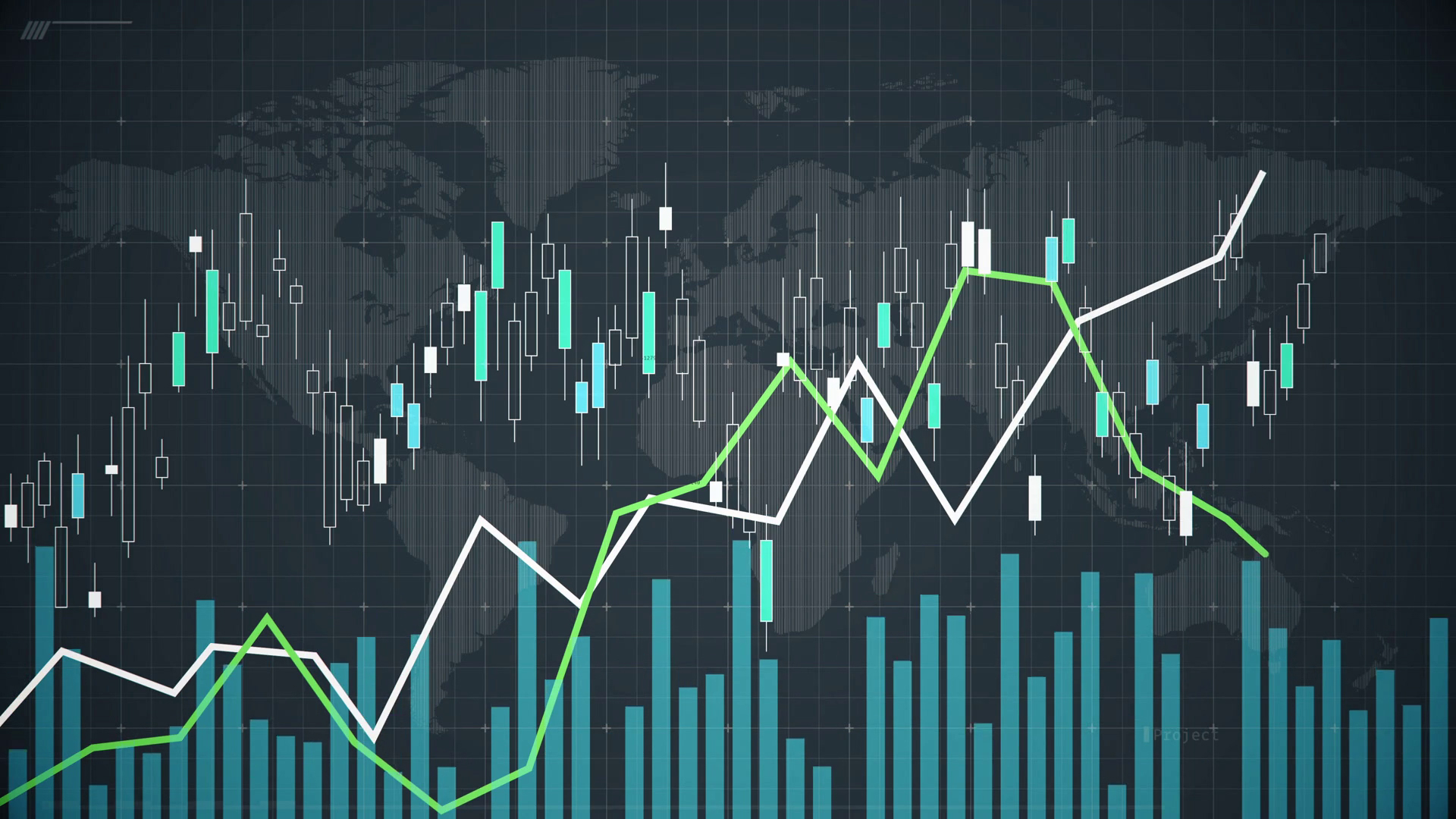INVESTING
Note: for simplicity, calculations in this post will pretend taxes don't exist.
What is investing?
Investing can be thought of as buying a small share of a business. For example, if you buy a share of Apple for $139 in 2020 you would own 1/17.144 billionth of that company (since they had 17.144b shares outstanding). From then on out, whenever Apple makes money you would earn 1/17.144th of that profit. Essentially, since you are an owner, Apple is working for you (and all the other shareholders). If you in 2021 no longer wanted to own Apple you could sell that same share for $153.
Why invest?
Albert Einstein was once asked what he considered to be the most powerful force in the universe and answered compound interest. Perhaps you've heard that if you leave debt for too long it will compound and spiral out of control. Investing is similar, except it works in your favor. If you invest $50 per month into an index that grows 10% annually for 50 years, your investment would be worth $873,438. Using more realistic numbers, $300 monthly for 10 years results in $61,966.
Interest Calculator
$0
What return to expect?
Most professionals don't earn much more than 8% annually, but there are some basic strategies that safely grant you 10-12% annually over a multi-decade time horizon. I would personally describe investing strategies that aim for >12% annually as educated gambling, but possible. These kind of bets are often referred to as speculation and have large upside potential but also carry risk. If it was easy to make >12% annually everyone would do it. In the investing world you will sometimes hear nonsense about how some professionals can't beat an index - while technically true, that is because their goal isn't to do so. These specific professionals aim to preserve capital rather than grow it at the maximum possible rate. Investing also becomes more difficult the more money you are trying to invest.
Financial independence
I'd like to mention the concept of financial independence. You are financially independent when you have saved so much money that even if you lost your job for the rest of your life you would still be fine and live comfortably. Lets say you spend $3000 monthly, and you have an investment that grows at the consistent rate of 10% annually. Once your investment has grown to $360,000 you could sell your monthly interest to completely cover your living expenses. This could even be done without selling your stock via something called dividends. When companies profit, they have the choice of investing the profit into themselves in order to grow their own business, which is what growth companies do. However, once companies reach a certain size they may find that they have more money than they can reasonably spend. When this happens, they usually pay this money to the shareholders in what is called dividends.
Financial Independence
Calculator
$0
How do I get started?
Statistically, most people don't have savings, but many people can set aside 5-10% of their monthly salary and invest that. If you make $3000 monthly, set aside and invest 10% so $300. Most people giving advice on how to invest have no idea what they're talking about. Even professional financial advisors will give you bad information since there's a conflict of interest: they want you to keep paying them to give them advice, and they want you to invest in their friends' companies. In my opinion, the only way to learn is to start investing small sums and learn by experience. Eventually you will discover whose advice you agree with.
Here are some sources I believe are trustworthy:
- The Joseph Carlson Show: casual dividend-growth investor.
- ARK Invest: professional investors focusing on innovation.
- Ticker Symbol YOU: analyzes ARK invest and their research.
- High Yield Landlord: professional investors focusing on REITs.

